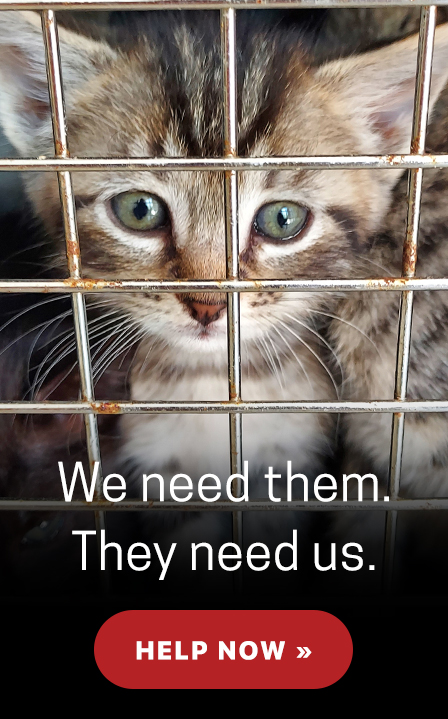COLUMBUS, OHIO, August 15, 2019 — If you’re eating breakfast while reading this column — sipping coffee at your kitchen table, eating a bagel on the commute into the office or digging into eggs and bacon at a diner — you will be impacted by climate change.
Everyone who eats food, and yes that means everyone, will face the consequences of a warming planet. Irregular rainfall, extreme temperatures, soil degradation and other climate-related stressors all pose a mounting challenge to crop and livestock production.
Farmers and ranchers often are a bogeyman for those concerned with climate change. After all, the agricultural sector is responsible for 9% of U.S. greenhouse gas emissions. But the producers growing and raising our nation’s food supply aren’t part of the problem, they’re a part of the solution.
Farmers recognize that sustainable practices will keep their businesses alive and people fed. Human activity is estimated to have already warmed the world 1 degree Celsius above pre-industrial levels. If the globe warms another degree, then farmers will face such a difficult time growing food that 396 million people could be exposed to lower food yields, according to the United Nation’s Intergovernmental Panel on Climate Change.
To tackle the threat of climate change, there has been a proliferation of harebrained solutions. Right now, the fad du jour for climate activists is cultured meat. Fawning editorial coverage paints a picture of a world where every burger is grown in a lab.
While few would eagerly choose a burger grown in a petri dish — even proponents of cultured meat admit as much — the environmental benefit is touted as paramount to our gut reaction. One startup claims its process would produce less than a quarter of the greenhouse gas emissions compared with raising livestock.
Such claims are boloney. Cultured meat is not the answer to our problems.
In fact, it may actually be worse for the environment than raising livestock. Consider a recent Oxford study that gauged the environmental impact of raising livestock and found that the traditional metrics which compare it with lab-grown meat are flawed.
Estimates that claim cultured meat will have a smaller environmental footprint arrive at their conclusion using a measurement called the carbon dioxide equivalent, which ignores the nuanced differences of different greenhouse gases. Raising livestock produces nitrous oxide, methane and carbon dioxide, which all interact in the atmosphere in different ways. Carbon dioxide, for example, can stay in the atmosphere for thousands of years, while methane only stays in the atmosphere for about 12. As a result, with static livestock production, methane reaches an equilibrium in the atmosphere, while carbon dioxide compounds.
At the moment, cultured meat production relies almost exclusively on carbon dioxide, and could prove worse for the environment depending on how it is consumed and created.
Instead of funneling money into unnatural solutions, we should be elevating and supporting the farmers who are working to solve the problem of climate change.
At American Humane, the country’s first national humane organization, we work firsthand with farmers every day, certifying those who commit to the highest standards of animal welfare. And we see the strides that producers are making in both their commitments to a more humane and more sustainable world.
Consider our friends at Clover Sonoma, the first dairy producer to ever become American Humane Certified nearly two decades ago. Last year, a quarter of its farmers reduced their greenhouse gas emissions, and 1 in 3 reduced their landfill waste.
Or look to the example of Just BARE® chicken, another American Humane Certified producer. Their parent company reduced its greenhouse gas use intensity by 9% in just three years.
These two are just the tip of the iceberg — across the country our food is being grown in a more sustainable fashion. We should shine a spotlight on producers that are creating a greener and more humane world instead of vilifying farmers.
Robin Ganzert, Ph.D., is the president and CEO of American Humane.

